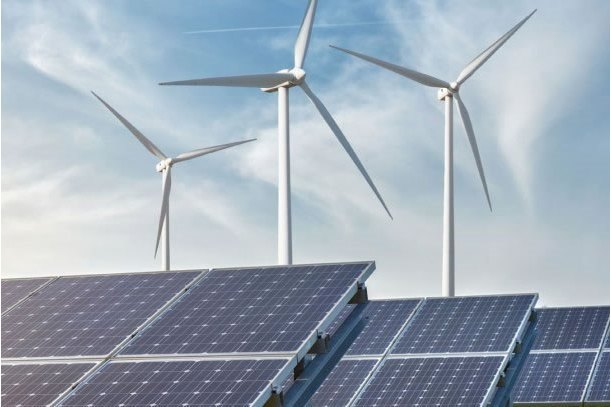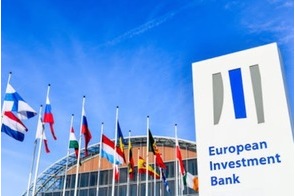Latest News
Renewable energy can support resilient Covid-19 recovery – IRENA

News Highlight
IRENA’s report shows that decarbonisation of the energy system will create resilient and inclusive economies and societies.
Amid a global economic recession, caused by what the International Monetary Fund (IMF) calls the Great Lockdown being enforced by countries to implement necessary quarantine and social distancing practices to contain the COVID-19 pandemic, the International Renewable Energy Agency (IRENA) has said accelerating clean energy investment will support short-term economic recovery.
The agency stated this in its first Global Renewables Outlook released on Monday. IRENA’s report shows that decarbonisation of the energy system will create resilient and inclusive economies and societies. The flagship report also shows that low-carbon investment is an opportunity to meet international climate goals – specifically the Paris Agreement – boosting economic growth, creating millions of jobs and improving human welfare by 2050.
Under the Paris Agreement, nations set a goal of limiting increase in global average temperatures to 2 degrees Celsius (°C) or 3.6 degrees Fahrenheit (°F), although with the ambitions for a stricter limit of 1.5°C or 2.7°F of global temperatures. Experts say limiting warming at the lower limit will require slashing carbon pollution by 45 per cent by 2030, and reaching net-zero by 2050.
IRENA, which is an intergovernmental organization that supports countries in their transition to a sustainable energy future, said decarbonising energy use in time to avert catastrophic climate change can drive broad socio-economic development. The investments and technologies needed to decarbonise the energy system are also outlined in the new report.
"IRENA’s Outlook shows the ways to build more sustainable, equitable and resilient economies by aligning short-term recovery efforts with the medium-and long-term objectives of the Paris Agreement and the UN Sustainable Development Agenda,” said Francesco La Camera, IRENA’s Director-General. “By accelerating renewables and making the energy transition an integral part of the wider recovery, governments can achieve multiple economic and social objectives in the pursuit of a resilient future that leaves nobody behind.”
As governments face the difficult task of bringing the public health emergency under control while introducing major stimulus, the agency said recovery measures following the COVID-19 pandemic could include flexible power grids, efficiency solutions, electric vehicle charging, energy storage, interconnected hydropower, green hydrogen and other technology investments consistent with long-term energy and climate sustainability.
According to the report, while a pathway to deeper decarbonisation requires total energy investment up to USD 130 trillion, the socio-economic gains of such an investment would be massive. Transforming the energy system could boost cumulative global GDP gains above business-as-usual by USD 98 trillion between now and 2050.
Decarbonisation of energy systems would nearly quadruple renewable energy jobs to 42 million, expand employment in energy efficiency to 21 million and add 15 million jobs in system flexibility, the new report shows.
The Global Renewables Outlook explores ways to cut global carbon dioxide (CO2) emissions, which causes global warming, by at least 70 per cent by 2050. The report says building on technology pillars, particularly green hydrogen and extended end-use electrification, could help replace fossil-fuels and slash emissions in heavy industry and hard-to-decarbonise sectors.
Related News
Latest Blogs
- CBN is fighting inflation instead of stagflation
- Why electricity privatization failed (2)
- How net metering can boost embedded power generation
- Adaora Umeoji and gender in Nigerian banking leadership
- Is protest an endangered human right of Nigerians?
Most Popular News
- IFC, partners back Indorama in Nigeria with $1.25 billion for fertiliser export
- Ali Pate to deliver keynote speech at NDFF 2024 Conference
- Univercells signs MoU with FG on biopharmaceutical development in Nigeria
- CBN increases capital requirements of banks, gives 24 months for compliance
- CBN settles backlog of foreign exchange obligations
- Nasdaq Dubai welcomes $600m sukuk listing by Islamic Development Bank






